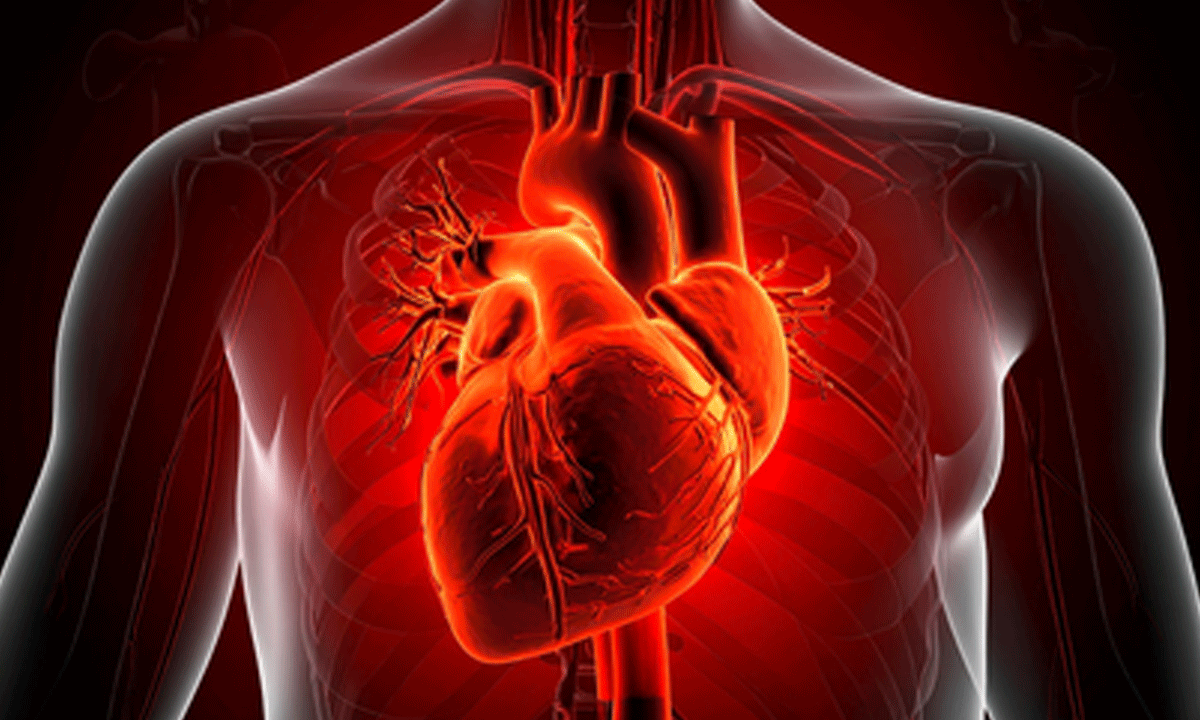New AI Tool Surpasses Cardiologists in Detecting Hidden Heart Disease
A revolutionary artificial intelligence (AI) tool developed by US researchers may outperform cardiologists in identifying hidden heart disease using data from low-cost electrocardiograms (ECGs).

New Delhi: A revolutionary artificial intelligence (AI) tool developed by US researchers may outperform cardiologists in identifying hidden heart disease using data from low-cost electrocardiograms (ECGs).
Table of Contents
Addressing the Challenge of Undetected Structural Heart Disease
Structural heart disease—which includes conditions like valve disorders, congenital defects, and other impairments of heart function—affects millions globally. However, these often go undetected due to the lack of routine, affordable screening methods.
Also Read: Powerful 7.3-Magnitude Earthquake Jolts Alaska Coast
To bridge this diagnostic gap, researchers at Columbia University have introduced EchoNext, an AI-powered tool that leverages ordinary ECG data to identify patients who may need further testing through cardiac ultrasound (echocardiogram).
How EchoNext Works
EchoNext acts as a gatekeeper, flagging which patients require follow-up with echocardiography—a more expensive but non-invasive imaging test.
“EchoNext uses the cheaper test to figure out who needs the more expensive ultrasound,” explained Dr. Pierre Elias, Assistant Professor of Medicine and Biomedical Informatics at Columbia University Vagelos College of Physicians and Surgeons.
“It detects diseases cardiologists can’t detect from an ECG.”
Performance Backed by Extensive Data
The deep learning model was trained on more than 1.2 million ECG-echocardiogram pairs from 230,000 patients. In validation tests across four hospital systems—including several NewYork-Presbyterian campuses—the tool showed exceptional accuracy in detecting heart failure, valve disease, pulmonary hypertension, and severe heart thickening.
Outperforming Cardiologists in Accuracy
In a direct comparison involving 3,200 ECGs, EchoNext identified 77% of structural heart issues correctly. Cardiologists, using only the ECG data, achieved an accuracy rate of 64%.
“We have colonoscopies, we have mammograms, but no equivalents for most forms of heart disease,” said Elias.
“We think ECG plus AI has the potential to create an entirely new screening paradigm.”
A Potential Game-Changer in Global Heart Health
With an estimated 400 million ECGs expected to be performed globally this year, the researchers believe EchoNext could transform each of these into a life-saving screening opportunity.
“Our technology may enable early diagnosis and treatment of heart conditions when it matters most,” Elias emphasized.
EchoNext marks a significant step forward in preventive cardiology, offering hope for earlier detection and improved outcomes for millions at risk of hidden heart disease.
